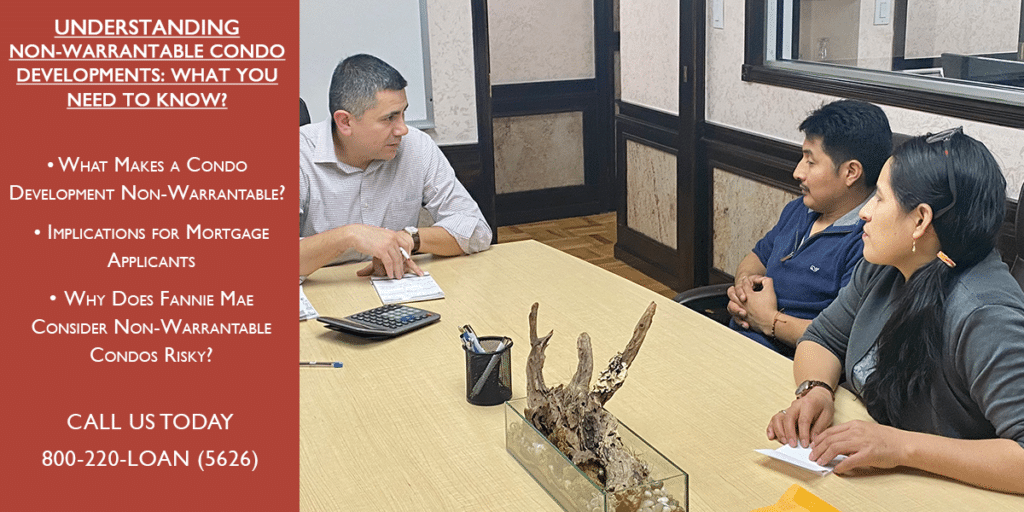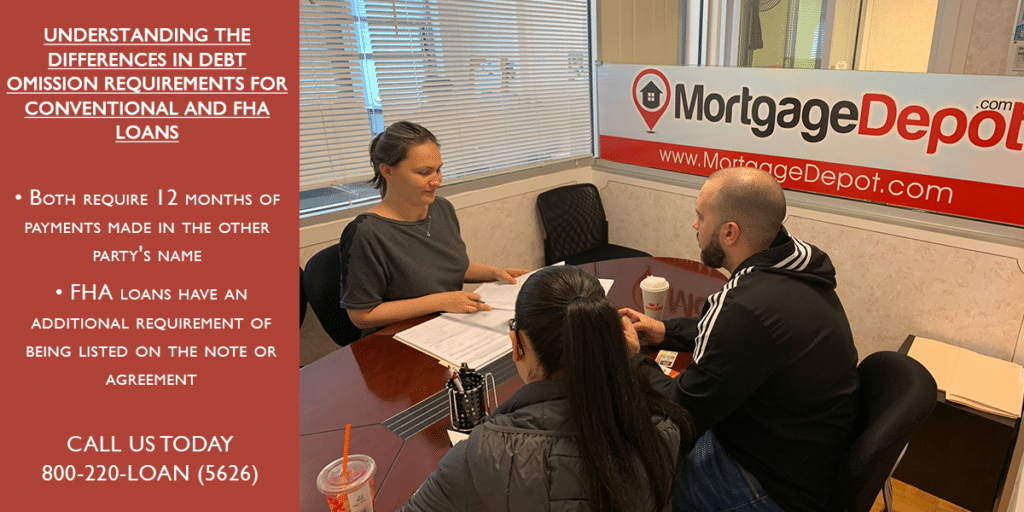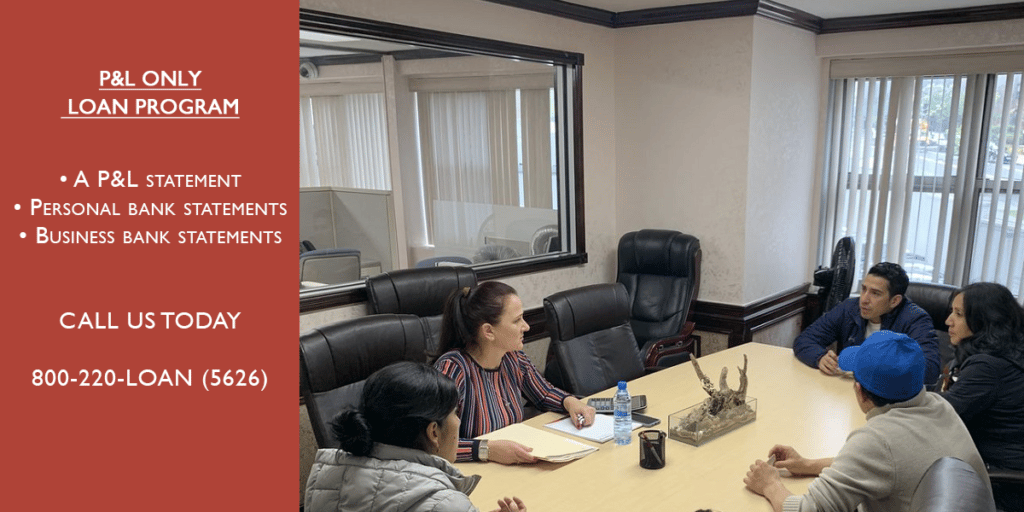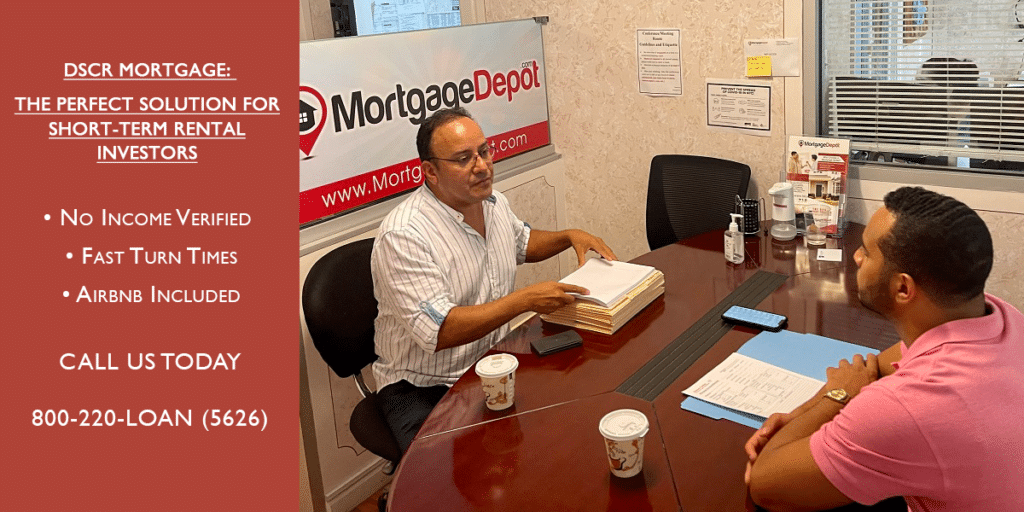
When it comes to purchasing a condo, there are certain factors that can affect your eligibility for a mortgage. One such factor is whether the condo development is considered warrantable or non-warrantable. We will delve into the concept of non-warrantable condo developments and shed light on Fannie Mae’s criteria for determining their status.
What Makes a Condo Development Non-Warrantable?
According to Fannie Mae, a condo development is considered non-warrantable if it receives 10% or more of its budget from sources such as restaurants, gyms, bars, retail establishments, and other non-residential entities. This means that if a significant portion of the development’s income is derived from these sources, it may not meet the requirements set by Fannie Mae for warrantable condos.
Implications for Mortgage Applicants:
If you’re considering purchasing a condo in a non-warrantable development, it’s important to understand the potential implications. Firstly, obtaining a mortgage for a non-warrantable condo can be more challenging compared to a warrantable one. Lenders may have stricter requirements and higher interest rates for these types of properties. Here at MortgageDepot, we can finance non-warrantable condos.
Additionally, non-warrantable condos may not be eligible for certain government-backed loan programs, such as those offered by the Federal Housing Administration (FHA) or the Department of Veterans Affairs (VA). This can limit the financing options available to potential buyers.
Why Does Fannie Mae Consider Non-Warrantable Condos Risky?
Fannie Mae’s criteria for warrantable condos aim to ensure the financial stability and viability of the development. When a condo development relies heavily on non-residential sources for its budget, it introduces a level of risk that Fannie Mae wants to mitigate.
Non-residential entities, such as restaurants or retail establishments, may experience fluctuations in income or even closure, which can impact the financial health of the condo development. Fannie Mae’s guidelines help protect both lenders and borrowers by minimizing the potential risks associated with non-warrantable condos.
Understanding the concept of non-warrantable condo developments is crucial for anyone considering purchasing a condo. Fannie Mae’s criteria play a significant role in determining whether a condo development is considered warrantable or non-warrantable. If you’re interested in buying a condo in a non-warrantable development, it’s important to be aware of the potential challenges and limitations that may arise during the mortgage application process.
Remember, it’s always a good idea to consult with one of our mortgage professionals who specializes in non-warrantable condos to navigate the complexities and find the best financing options for your specific situation.
Have questions or need help?
Call us now at 800-220-LOAN
Request a call back or email us your questions!







